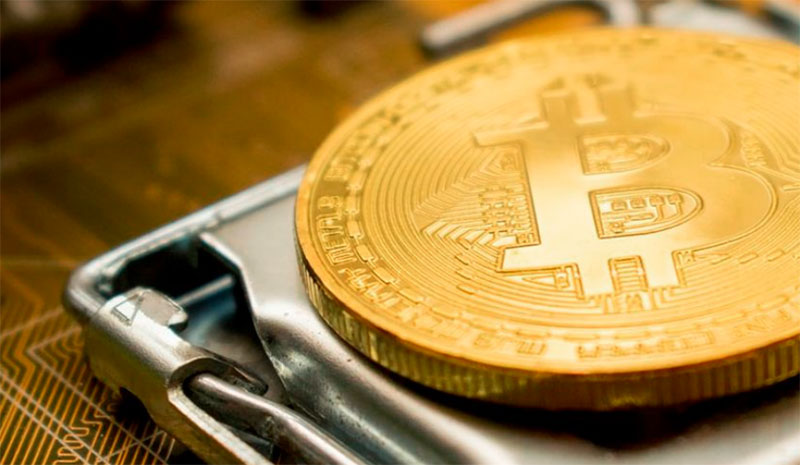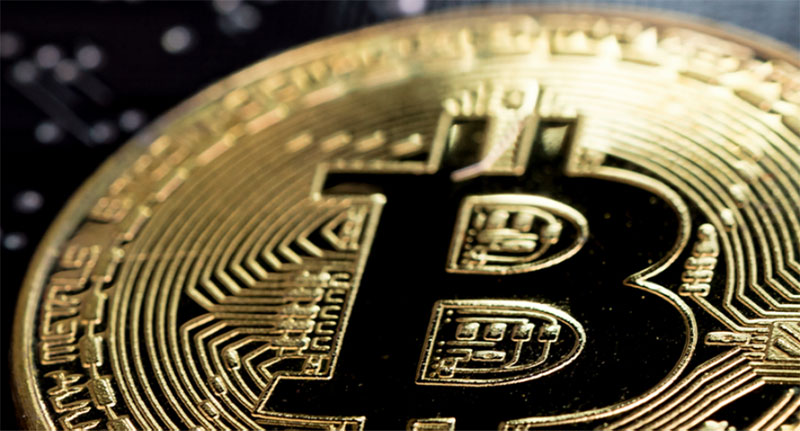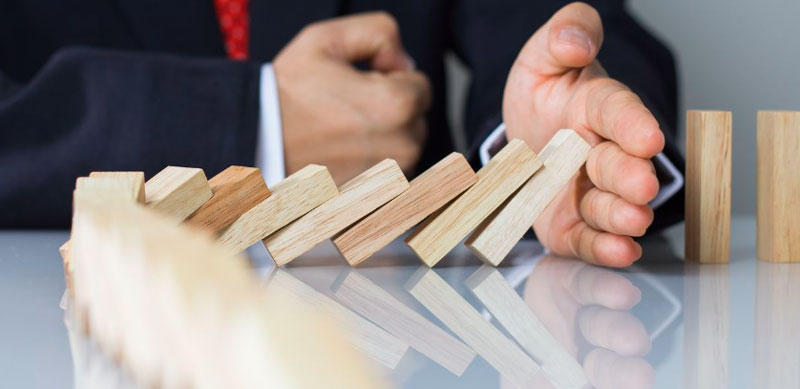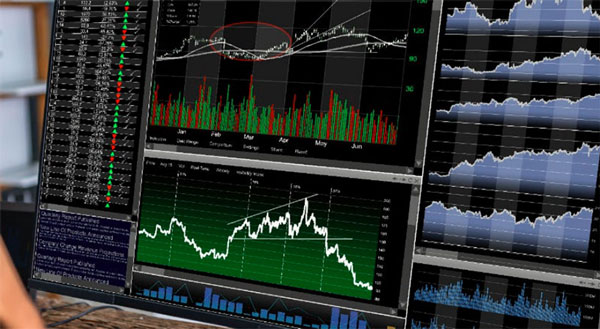Working of Bitcoin Mining Work
Author: Kevin
Securing blocks on the blockchain in exchange for Bitcoins is called "mining." Considering that this is how new Bitcoins are created and distributed, it is an essential part of the Bitcoin ecosystem. The fundamentals of Bitcoin mining and common questions about the process are covered in this comprehensive explanation.
Let's start with the basics for those unfamiliar: what is Bitcoin mining? Creating new digital assets and the movement of value on the Bitcoin network is impossible without mining. How does Bitcoin mining operations, and what is it exactly?
Bitcoin miners are the proud owners of high-tech equipment used to validate and add new transactions to the blockchain network. Those involved in mining compete with one another to solve complex mathematical puzzles that strengthen network security.
The miners' efforts are rewarded in Bitcoins that have just been created. Since validating Bitcoin network transactions is challenging, Bitcoin miners need high-powered hardware. By design, Bitcoin's proof-of-work (PoW) consensus process puts miners in a race to solve complex mathematical riddles.
How Bitcoin Mining Operates

If a Bitcoin transaction doesn't satisfy a specific criterion, the system won't approve it. The Bitcoin whitepaper details each phase of the Bitcoin mining process The'mempool,' a repository for transaction-related information, is the initial stop for all incoming transactions. A transaction's fee determines how quickly it will be processed, and most miners will prioritise those with higher costs.
The first miner to complete the problematic mathematical exercise required to add the transaction to a block would then notify the other miners on the network. This miner has been awarded 6.25 Bitcoin in the miner's reward.
The newly broadcasted block is then checked to ensure that all transactions within it are legitimate or that there has been no double-spending. When a malicious assault modifies entries on the blockchain, the same Bitcoin might be spent twice. This is known as a double spend. If the new block has valid references to the old one, that will be checked by a secondary metric. Following establishing these two conditions, the new block is considered "true" and added to the network.
Miners decide which transactions get added to the Bitcoin network by checking to see if a given block conforms to the strict requirements outlined in the Bitcoin protocol. The safety of the Bitcoin network has been proven to depend on this method of meticulous verification. Nonetheless, the Bitcoin network processes around five transactions every second, and substantial energy is squandered in the competing process.
How Worthwhile Is It to Mine Cryptocurrency?

There are difficulties unique to crypto mining. To enhance their odds of successfully solving algorithmic puzzles, miners need to invest in costly hardware gear. Another is the requirement for cheap electricity to validate transactions, which consumes a lot of energy.
The First Bitcoin miner to complete all the required tasks and add the necessary block to the network will receive 6.25 BTC. These payouts are halved every four years or when 210,000 blocks are added to the network. Bitcoin Halving is the term for this milestone.
While conventional computer graphics processing units (GPUs) can be used for mining Bitcoin, specialised hardware called application-specific integrated circuits (ASICs) has proven far more profitable. Other incidental expenses, such as power bills, should also be a concern. To maximise their mining efficiency, most miners join mining pools. There are a lot of obstacles in crypto mining, and some may ask if it's worth the trouble, but the payoff can be substantial.
Consider Bitcoin's average growth rate of 82.9%, and you'll see that 6.25 Bitcoins can be a significant source of money if done on a large enough scale. Since the next Halving event may reduce incentives from 6.25 BTC to 3.125 BTC per reward, it is not surprising that new Bitcoin mining enterprises are popping up daily to capitalise on this opportunity.
Should I Mine Cryptocurrency?
Governments throughout the world have conflicting viewpoints on whether or not crypto mining is lawful.
To date, the crypto ecosystem has been uncontrolled, providing ample opportunity for criminals to take advantage of the system. Although some foreign governments are already attempting to establish guidelines, others, like China, would rather outright outlaw crypto mining and cryptocurrencies.
The topic of crypto mining is being discussed, but no global standard has yet been established. El Salvador, a Latin American country, is a prototypical crypto-friendly nation because it is now using volcanic energy to mine cryptocurrencies like Bitcoin. The United States has yet to take a position while being one of the world's top crypto markets.
In Defense of Bitcoin Miners
A vital part of the Bitcoin infrastructure is the miners who validate transactions and add new blocks to the blockchain. They function similarly to how you could picture an auditing firm checking the books regularly. Bitcoin miners verify that all transactions broadcast to the network are legitimate and follow the protocol. Second, miners eliminate the possibility of double spending.



